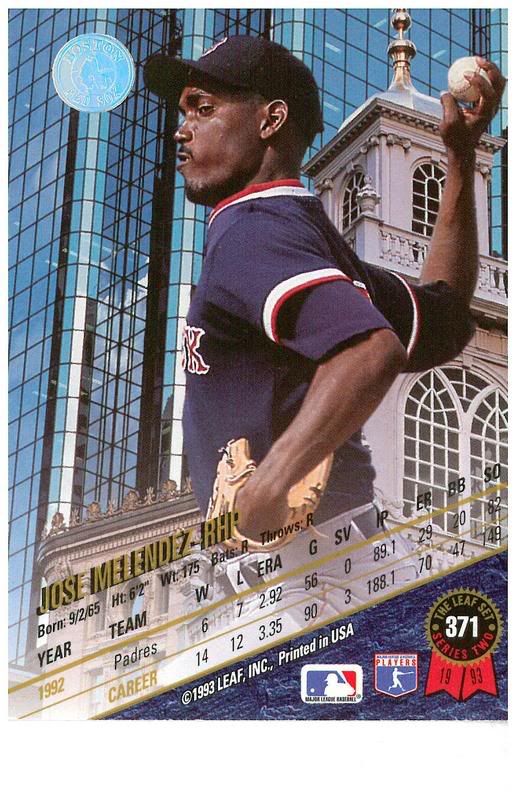There are certain issues that every researcher confronts sooner or later. What do you do if you discover that your research threatens the health or well being of subjects? How do you deal with a breakdown in random selection? What happens if your data is corrupted?
Thankfully, most basic statistics and econometrics classes provide at least a cursory overview of how to address these questions. I do not recall, however, any instruction on how to deal with interview subjects who are drunk. It must have been in Chapter 23 of Introduction to Econometrics; the bootleg Chinese edition, which I purchased new for 90% off, only had the first 22 chapters. Really.
The issue of drunken subjects raises other questions. Does it makes a difference whether the subject got drunk on beer or, for example, hooch made from sugar cane and bananas and consumed out of gourd through a long straw? In a study of banking habits, such as the one I am conducting, is it relevant whether the subject does his banking while intoxicated?
Circumstance forced me to address these issues only two days into my stint as a researcher in the rural Ugandan town of Nkokonjeru. While this may appear to be an awfully short time into a field research stint to run into an obstacle, it was not even the first challenge I had encountered. The first, and more urgent problem, was my discovery that field research is deathly boring. When I say “deathly,” I do not mean “very.” I mean that it causes symptoms that are indistinguishable from those of African sleeping sickness: fatigue, lethargy, coma.
For each interview, statistical rigor demands that I ask each question the exact same, boring way.
What is your20highest level of education?
How much do you save each month?
How many boats or canoes do you own?
The last one always draws big laughs, at least. Nkokonjeru is 10 km from Lake Victoria, making it inconceivable to residents that anyone would squander money on seafaring.
After the third or fourth interview, even the charming response to that absurd question (convulsive laughter at disbelief that even a mzungu could ask something so stupid) had lost its entertainment value to me, and while I had not yet contemplated the ethics of interviewing drunk research subjects, the ethics of conducting interviews while drunk had become a legitimate query. It would help pass the time, and what threats to validity or biases could it possibly introduce?
After an extensive review of the threats to internal, external and construct validity posed by researcher intoxication, I rejected the idea as unprofessional, dangerous and, worst of all, not something I could write about in a publi shed essay. Thus, I resolved to go into the field clean and sober, save for any intoxicating effects generated by the classic cocktail of malarone and immodium.
Paul, one of the nine interview subjects on my second day in the field, however, had a different approach. His approach to research seemed to be that getting drunk and answering questions from any strange white man who might happen by was an outstanding idea. Ignatius, one of the founders of the credit union with which I work, my interpreter for the day and a leader in the town was initially reticent about going ahead with the interview.
“This guy is drunk,” he pointed out with a toothy grin on his face. Just days before Ignatius, a teetotaler, had explained to me that there was no drinking problem in Nkokonjeru.
“Let’s give it a try anyway,” I said going with my gut. My hope was that Paul’s drunkenness would work in our favor. In my experience people who have been drinking are more likely to tell the truth, are friendlier to strangers, and speak second languages more fluently. Besides, with Paul the standard five-minute Luganda introducti on had already stretched beyond 10 minutes as he repeatedly forgot that he had already greeted me, so I figured we might as well proceed.
I was not disappointed. In his boozy breath Paul confessed to things that none of the 54 other subjects we have interviewed thus far admitted. He doesn’t save money anymore, his wife doesn’t have shoes, and he staged the lunar landing. In vino veritas, I suppose.
Yet, it leaves me with questions. I am not inclined to discard Paul’s interview. His intoxication aside, there was no evidence that he was lying, and discarding subjects is a poor way to maintain a random sample. But it did make me wonder about all of the other people I’ve interviewed, the ones who assure me that they save every month and have all of their children in school. Are they telling me the actual truth or is the truth like light, refracted by the confounding mists of sobriety until it appears as what the mzungu wants to see?
A colleague of mine in another African country, a doctor, once told me that if he believed what his patients told him, not a single person in the country had ever sex without a 0Acondom. This left the 18% HIV prevalence to be explained by heroin and blood transfusions. What could explain the stunning fertility rate? Well, maybe it is just a nation of Jesuses, or, far more likely, his data, and mine, would have been better if every interview came after a few shots of the truth serum called moonshine.
I don’t think I’m going to get that proposal by the Internal Review Board though—something about ethics and harm to subjects. That is, of course, unless they’ve been drinking.







